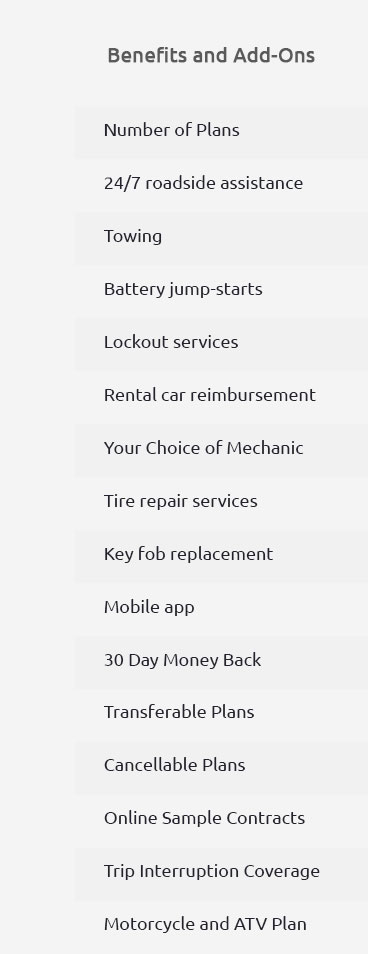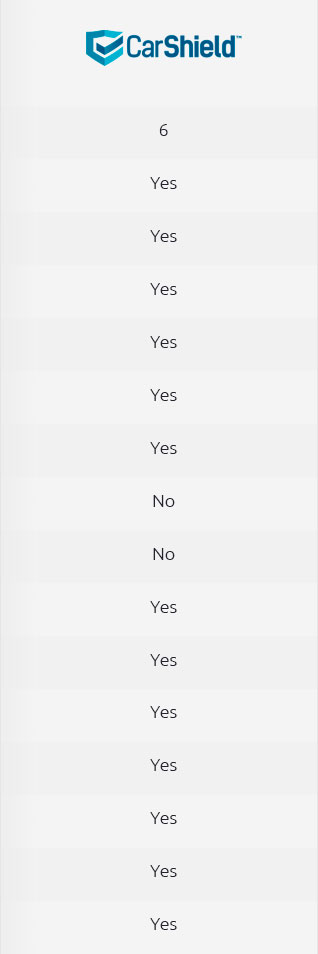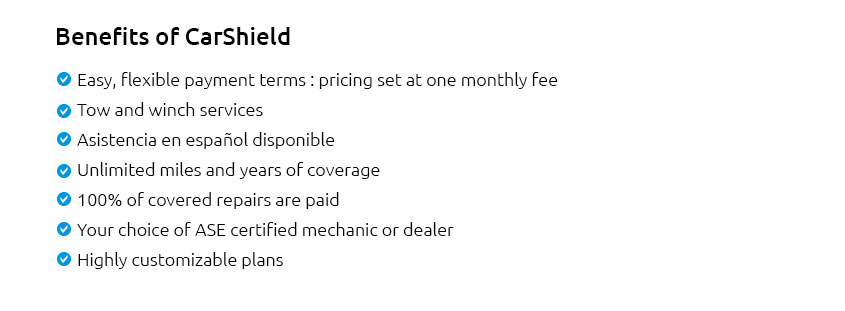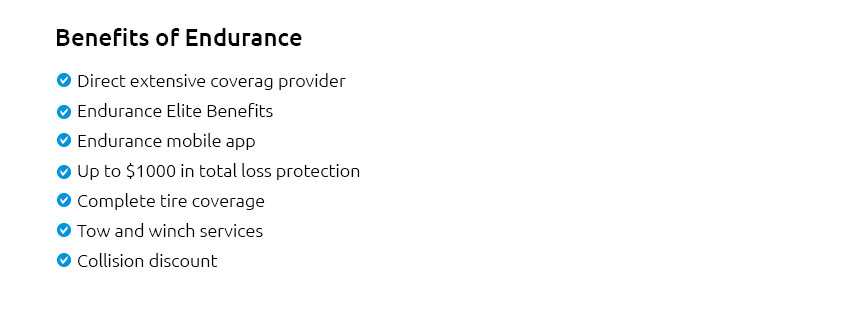 |
 |
 |
 |
 |
|||
 |
|||
 |
 |
 |
|
 |
|||
 |
|
 |
|
 |
|
 |
|
 |
|
 |
|
 |
|
 |
|

Vehicle Parts Insurance: Comprehensive Coverage GuideIn the U.S., vehicle parts insurance can be a crucial investment for drivers seeking peace of mind and protection against unexpected repair costs. Understanding the nuances of this coverage can help you make informed decisions about your vehicle's future. Let's dive into what vehicle parts insurance entails and why it might be the right choice for you. What is Vehicle Parts Insurance?Vehicle parts insurance, often part of an extended auto warranty, covers the cost of repairing or replacing critical car components that break down due to mechanical failure. This coverage can include various parts, such as the engine, transmission, and electrical systems, providing a safety net against high repair bills. Benefits of Vehicle Parts Insurance
Understanding Coverage OptionsWhen selecting a policy, it's important to understand what is and isn't covered. Most standard policies include:
However, routine maintenance and wear-and-tear items are typically not covered. Always read the fine print of your policy. Is Vehicle Parts Insurance Right for You?Consider your vehicle's age, condition, and how long you plan to keep it. For example, if you drive a Volkswagen in Chicago, an extended warranty might be beneficial, especially for older models prone to specific issues. Similarly, consider your risk tolerance for unexpected expenses. FAQs About Vehicle Parts Insurance
Exploring More Insurance OptionsFor those concerned about vehicle depreciation, consider a cheap gap insurance quote to cover the difference between your car's value and what you owe. This is especially useful if you're financing a vehicle in places like Los Angeles, where car values fluctuate rapidly. Ultimately, vehicle parts insurance offers a layer of financial security and peace of mind, ensuring you can handle any mechanical surprises without stress. Whether you're driving through New York's bustling streets or cruising the California coast, having the right coverage means you're prepared for whatever the road throws your way. https://www.libertymutual.com/vehicle/auto-insurance/coverage/original-parts-replacement
Original Parts Replacement, also known as Original Equipment Manufacturer (OEM) Coverage, is an optional car insurance coverage that can help make sure ... https://www.reddit.com/r/Insurance/comments/ycso1v/insurance_for_car_parts_specifically/
It's called collision or comprehensive (other then collision). Insurance will cover your parts in the event of X covered loss. https://www.progressive.com/answers/aftermarket-parts-and-insurance/
Aftermarket parts that you install yourself as a vehicle modification may also be covered up to a certain limit on a standard auto insurance policy. If you need ...
|